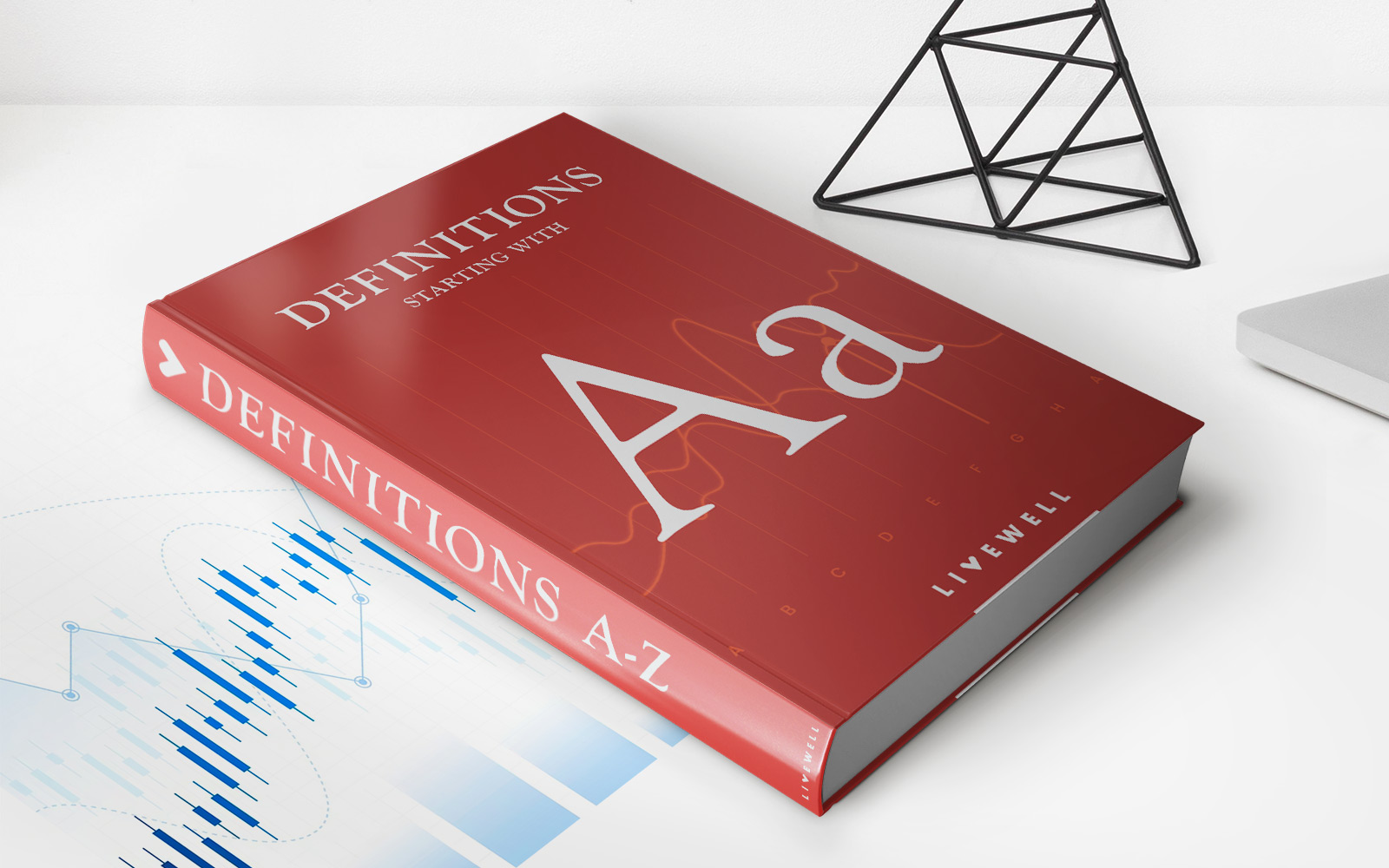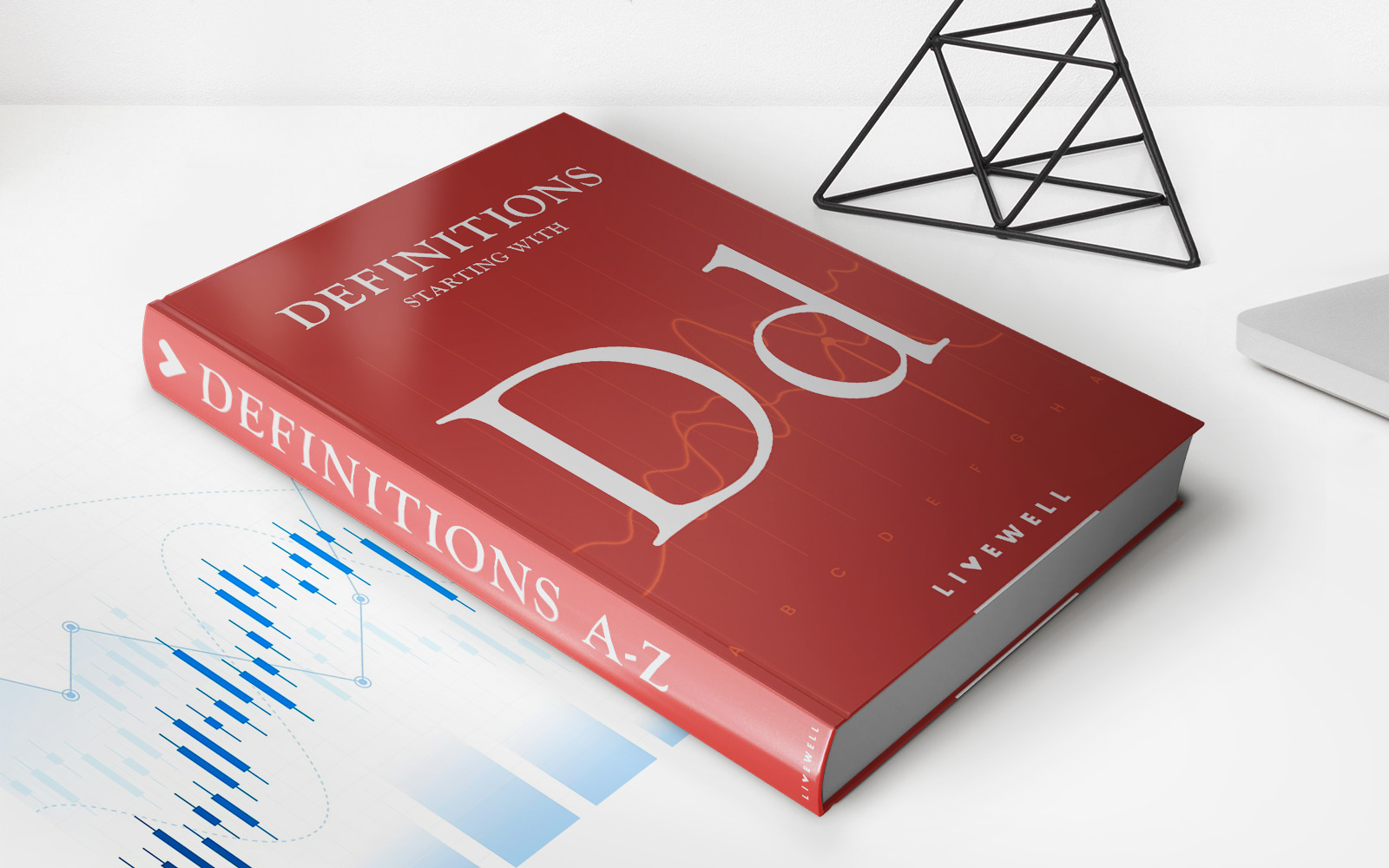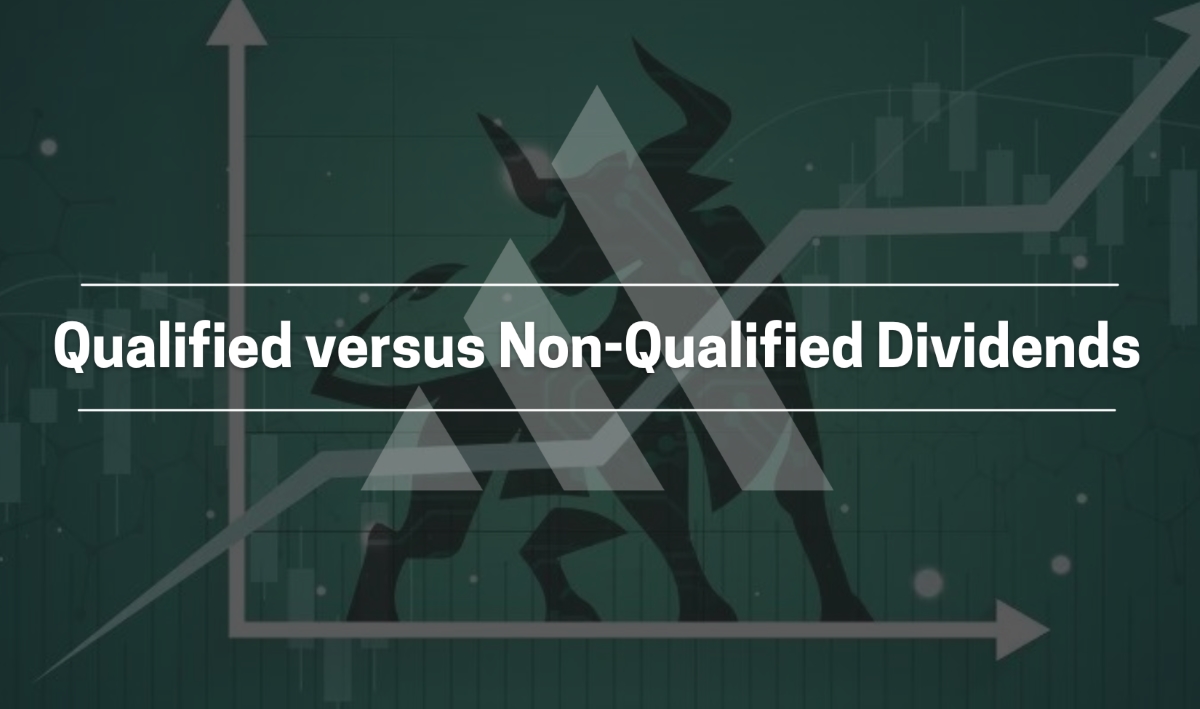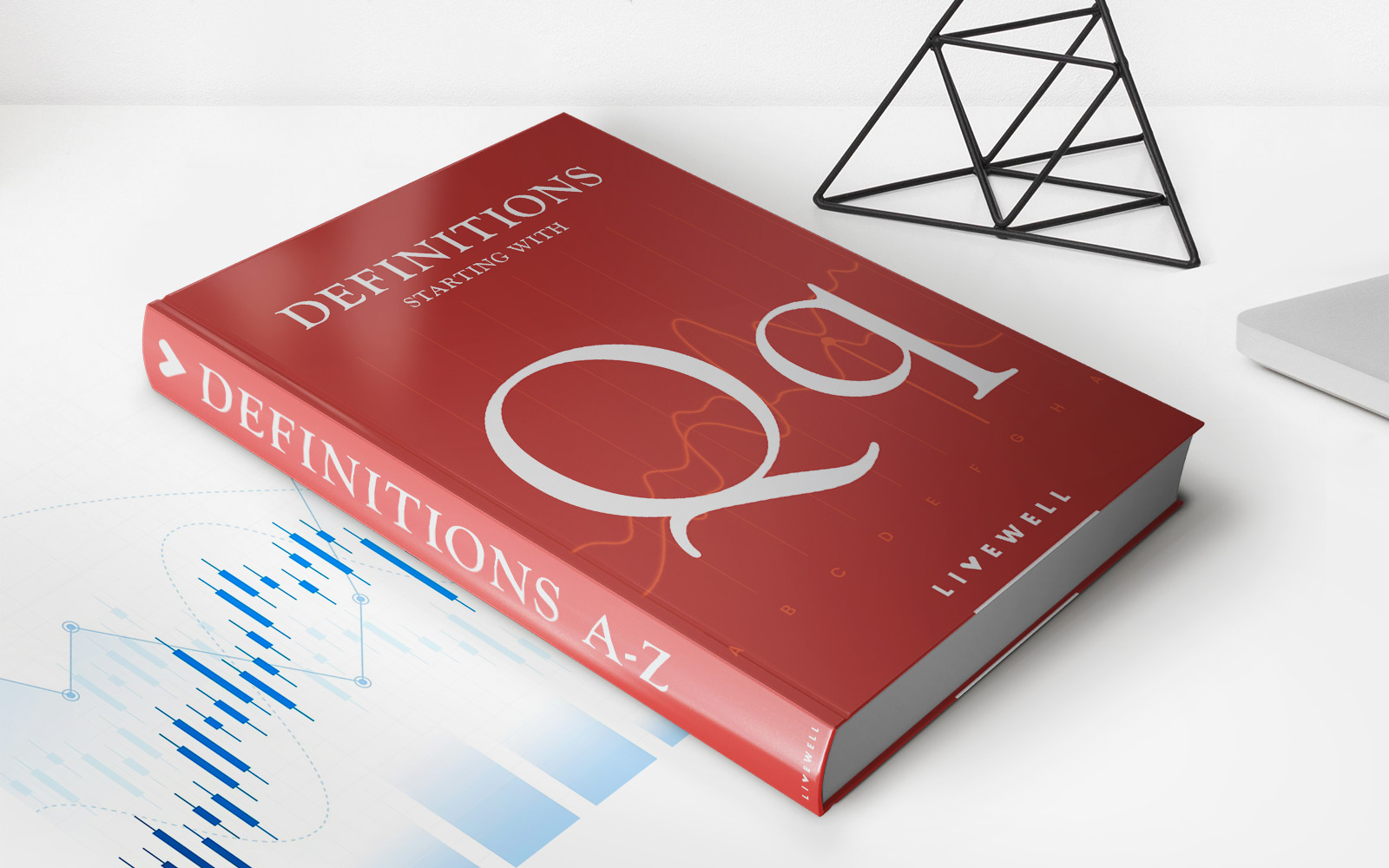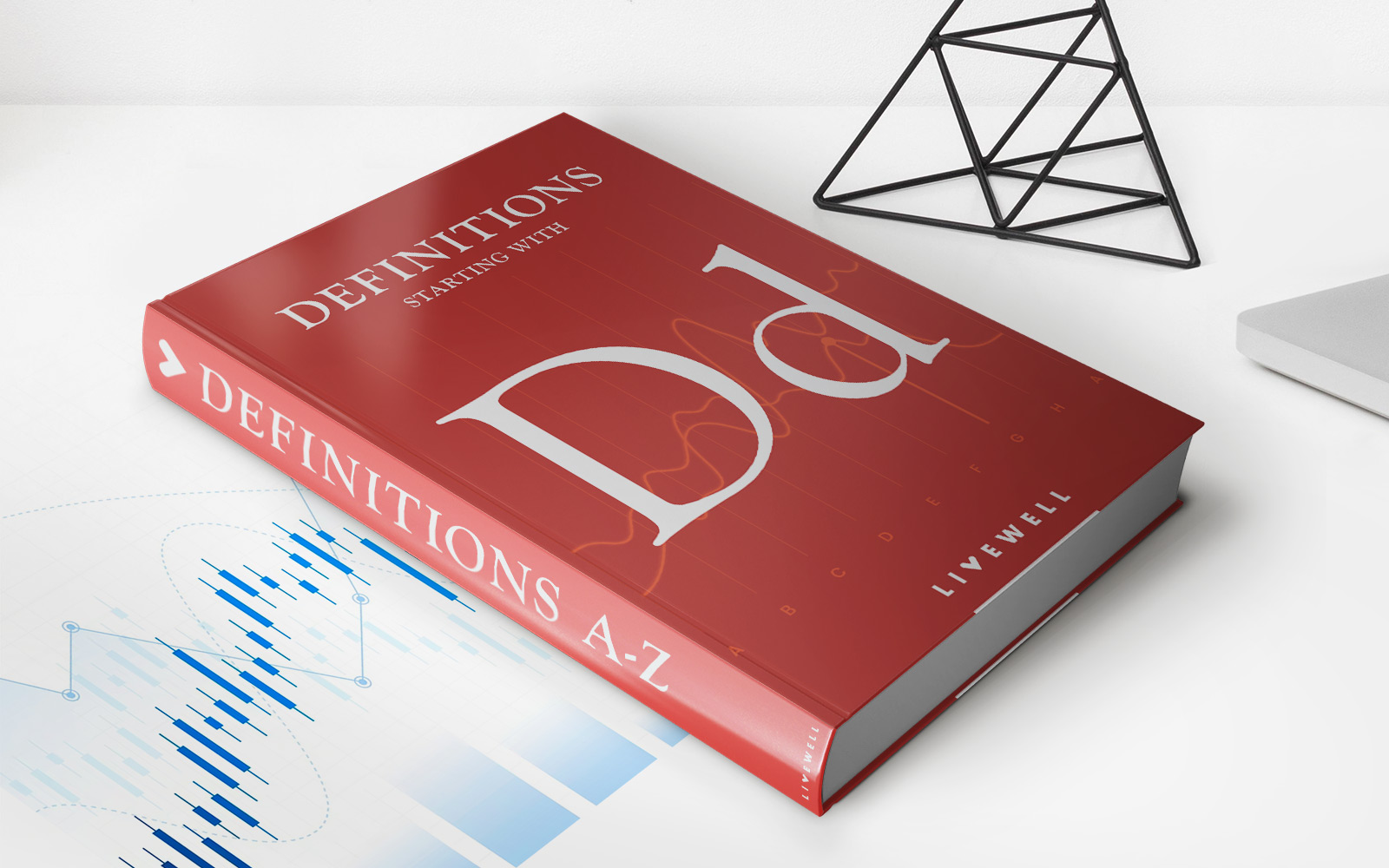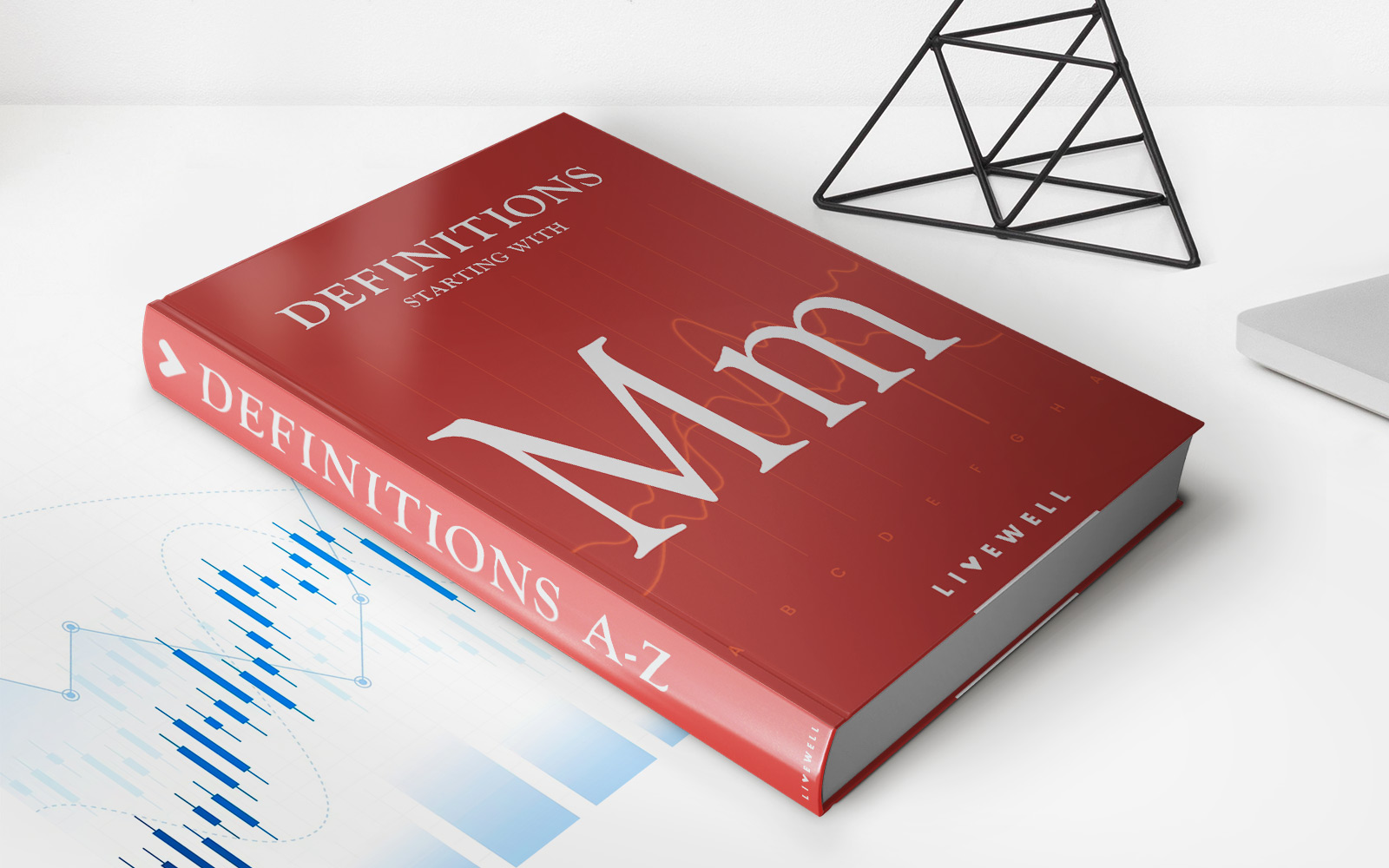Home>Finance>Total Permanent Disability (TPD): Definition, What Qualifies
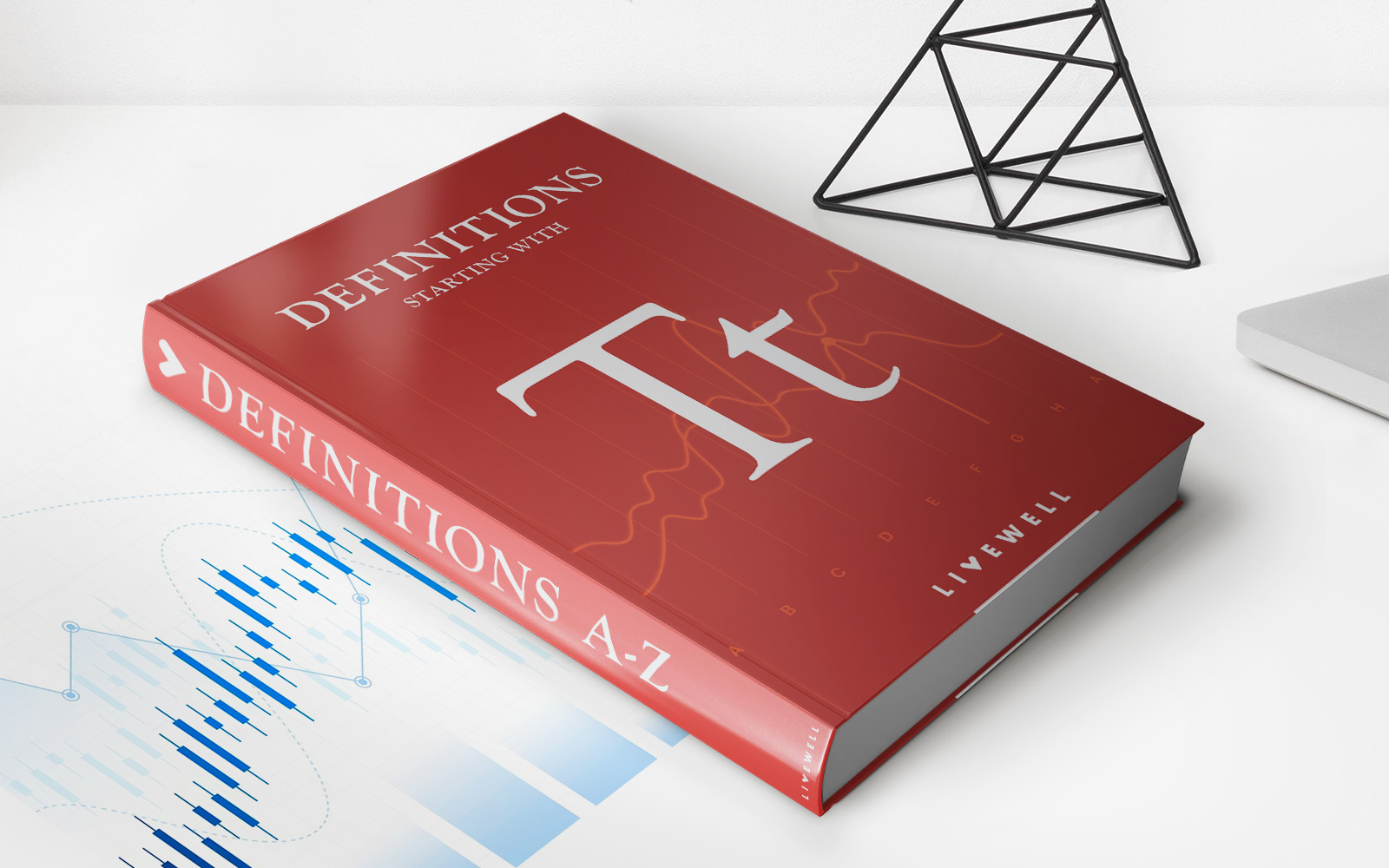

Finance
Total Permanent Disability (TPD): Definition, What Qualifies
Published: February 9, 2024
Learn about total permanent disability (TPD) in finance and what qualifies for this definition. Find out more about TPD and its implications in the financial industry.
(Many of the links in this article redirect to a specific reviewed product. Your purchase of these products through affiliate links helps to generate commission for LiveWell, at no extra cost. Learn more)
Total Permanent Disability (TPD): Definition, What Qualifies
Welcome to our finance blog where we provide valuable information and insights on various financial topics. In this post, we will delve into the concept of Total Permanent Disability (TPD) – definition, and what qualifies for it. If you’re curious about TPD and its implications, you’re in the right place!
Key Takeaways:
- TPD is a condition where an individual becomes permanently disabled and unable to work.
- Qualifications for TPD can vary depending on insurance policies and governmental regulations.
So, what exactly is Total Permanent Disability? TPD refers to a condition where an individual suffers from a disability that renders them unable to work and earn a living, either for a specific period or for the rest of their life. This disability can result from accidents, illnesses, mental health conditions, or a combination of these factors.
In the realm of personal finance, TPD has significant implications. It helps individuals protect their financial future by providing them with financial support when they are no longer able to generate income due to their disability. Understanding what qualifications are necessary to claim TPD benefits is crucial for everyone.
Here are some common qualifications that insurers and governmental agencies consider when assessing TPD claims:
- Permanent Disability: The disability must be permanent in nature, which means it is expected to persist for the foreseeable future.
- Inability to Work: The disability must render the individual unable to perform any occupation or work for which they are reasonably qualified by education, training, or experience. This qualification typically takes into account the individual’s functional capacity.
- Medical Evidence: Documentation from healthcare professionals plays a key role in determining TPD eligibility. Medical reports and assessments need to demonstrate the severity and permanency of the disability.
- Waiting Period: Many insurance policies and government programs require individuals to fulfill a waiting period before they can make a TPD claim. This waiting period varies depending on the policy terms and conditions.
It is important to note that the qualifications mentioned above may differ depending on the specific insurance policy and the jurisdiction in which the claim is being made. Therefore, it is advisable to carefully review your insurance policy documents and seek advice from a qualified financial advisor or legal professional to understand the specific requirements that apply to your situation.
In conclusion, Total Permanent Disability is a condition that can have significant financial implications for individuals and their families. It is essential to have a clear understanding of what qualifies for TPD and the associated requirements to ensure full comprehension of the benefits and support that are available.
If you or a loved one is facing the prospect of a TPD claim, we recommend consulting with professionals who specialize in this area to help guide you through the process and maximize your chances of a successful claim.


